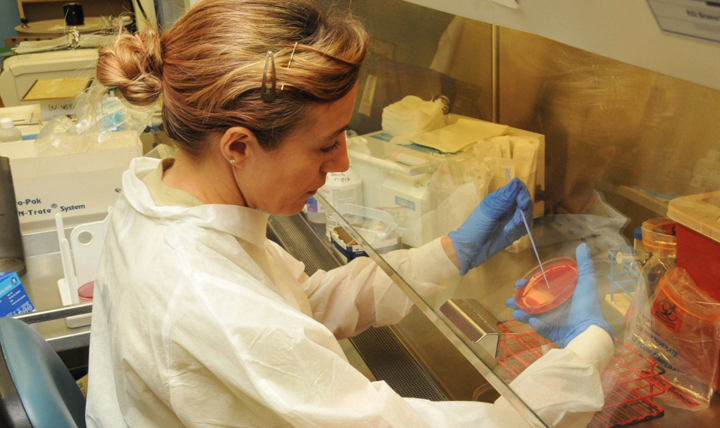The Problems Of Self Medication
By Ibrahim El-Haddar, Third Year Medical Student at LIMU
What is self medication?
To put it simply it’s when an individual takes medicine to treat a symptom or disease without a doctor’s prescription. This can be ok with drugs that are referred to as over the counter drugs such as most pain killers and drugs to help reduce fever.
In Libya however many drugs are too easily provided for the public, of all of them antibiotics stand out as a big issue. The idea of resistant bacteria is relatively old, this is where the bacteria simply start resisting different antibiotics, these strains can be seen as more dangerous as they cannot be fought with normal antibiotics. Some bacteria were found to resist even the strongest of antibiotics that were left as a last result.
Where is the issue?
Simply it’s that people have too much access to antibiotics even without doctor prescriptions, and certain types of antibiotics that should be left for more extreme cases are being used for less dangerous problems, sometimes things not even involving a bacterial pathogen, for example the common flu. This gives bacteria a constant exposure to the antibiotics allowing them to more easily develop resistance. A study in 2015 involved over 300 university students that have used antibiotics, and this showed that over 40% of them self-medicated with no official doctor prescription. Another study in northwest Libya that checked pathogens in urine, they then isolated the samples that were uropathogenic and concluded that MDR (microbes resistant to 3 or more antibiotics) was found in 69 (33.2%) of E. coli and in 29 (42%) of Klebsiella isolates.
So what can we do about it?
This problem has been talked about before but without the help of pharmacists and the education of the general population tackling the issue would be difficult.

